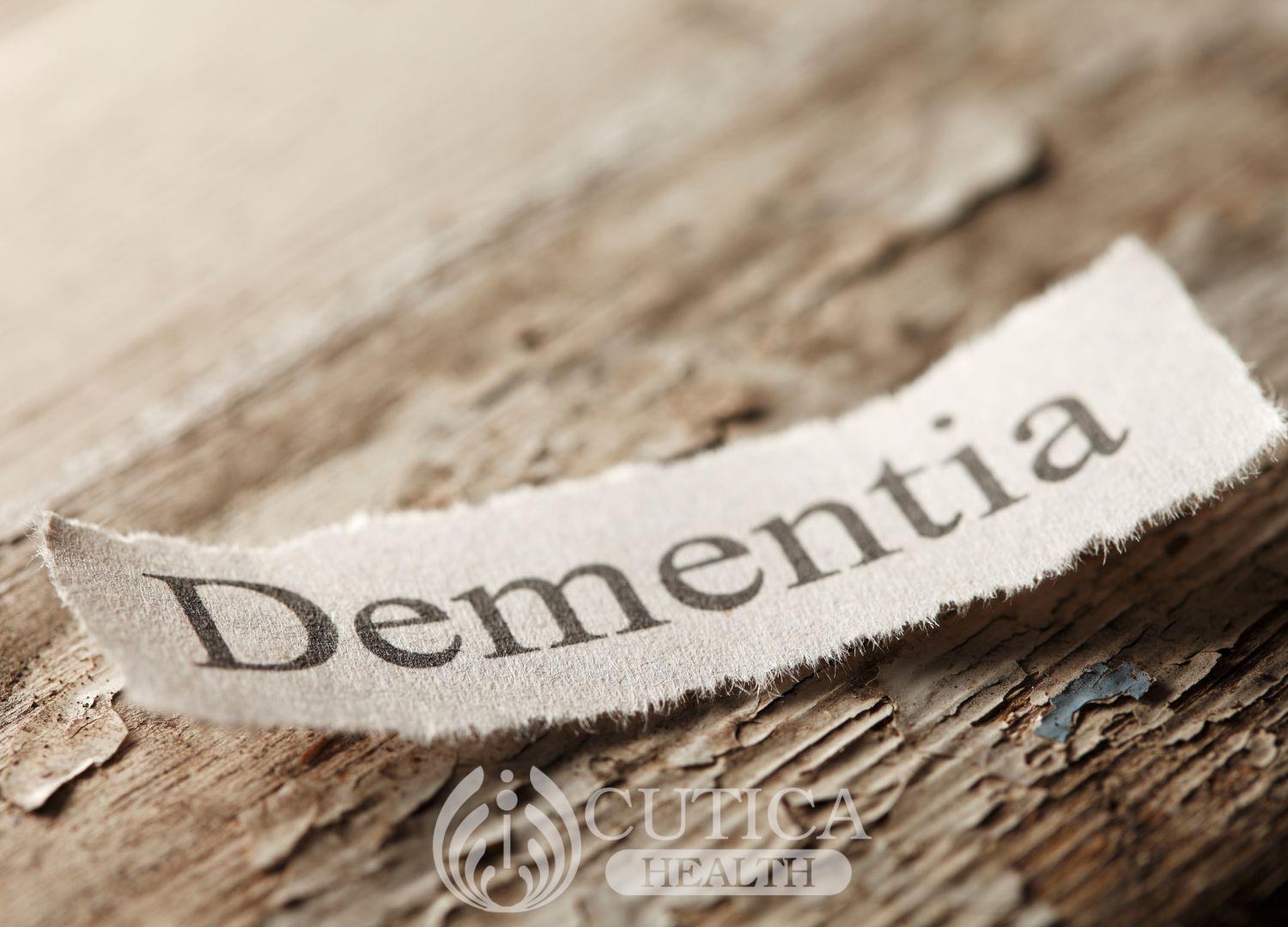
Having someone you love hardly recognize you can be heart-wrenching. Such was the case of Daisy and her mother, who had been the only parent she knew since her father abandoned her when she was barely a toddler.
Now, she felt the whole world was against her by making her 'lose' her mother. But she knew she had to be there for her. Eventually, she didn't mind if she had to repeat the same sentence a hundred times a day. That was her mother, and nothing will ever change that.
What is Alzheimer's Disease (AD)?
Alzheimer's is a progressive brain disease that affects memory and other essential mental (cognitive and behavioral) functions. It is a type of dementia. This means that while Alzheimer's is a specific disease, dementia is a general term. Alzheimer's disease is the most common cause of dementia. Alzheimer's usually occurs after the age of 65.

Causes of Alzheimer's Disease
Alzheimer's is primarily due to a build-up of abnormal proteins in and around brain cells. These proteins deposit and form plaques around brain cells. Some of the culprit proteins include tau and amyloid.
Risk factors of Alzheimer's Disease
Some factors that increase the chance of having AD include:
- Age: This is the most significant factor. AD is more common in older adults over 65
- Family history and genetics: If you have people in your family, especially your parents, that have (had) dementia or Alzheimer's, your chances increase too. Alzheimer’s is more common in people with Down's syndrome.
- Head injury
- Conditions that can damage blood vessels such as high blood pressure, diabetes, and stroke.
Symptoms of Alzheimer's Disease
Common symptoms of Alzheimer’s disease are those of cognitive decline and include:
- Memory loss
- Confusion
- Behavioural changes like aggression, meaningless repetition of own words, getting lost, difficulty concentrating, etc.
- Cognitive changes include mental decline, difficulty thinking and understanding, and confusion
- Mood swings
- Hallucinations
- Depression
- Appetite loss and difficulty with some movements

Treatment
Although Alzheimer’s disease does not have a cure, there are treatments that maybe tried to slow down its progression or alleviate the symptoms. This may involve immunotherapy, which targets the abnormal protein deposits and removes plaques in the brain












